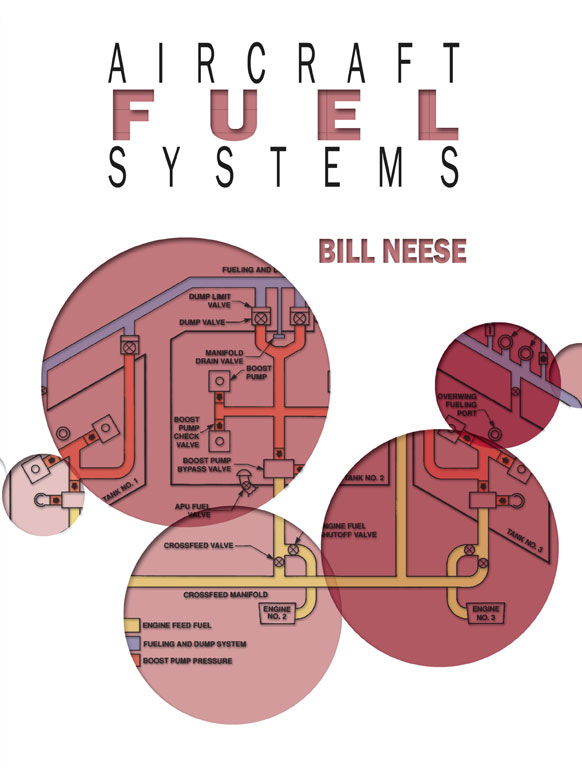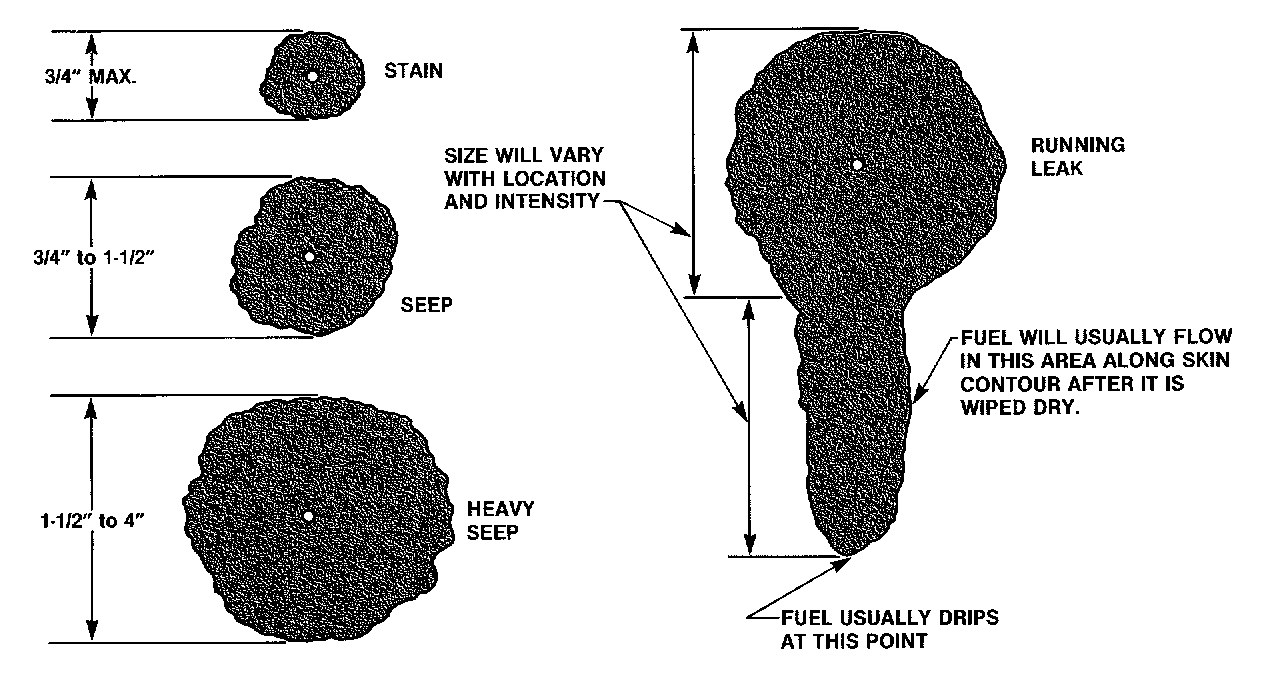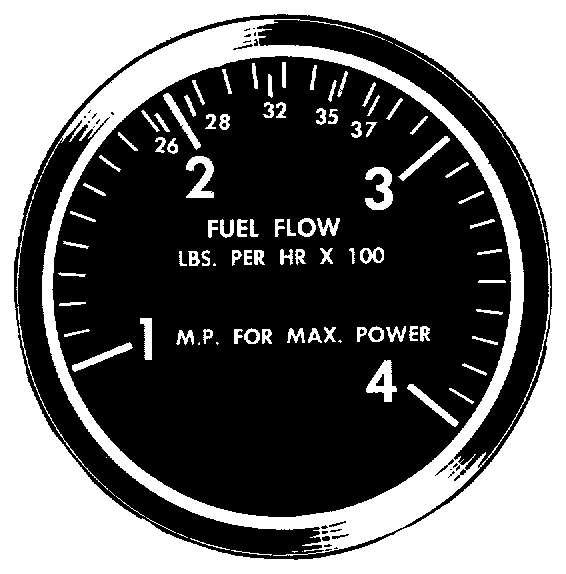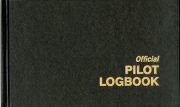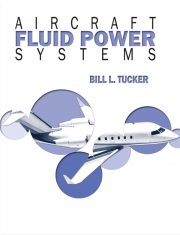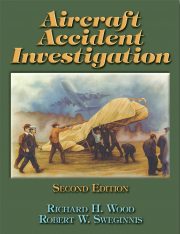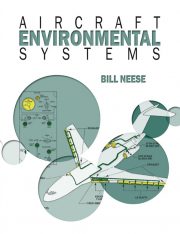Description
The book begins with basic fuel system requirements, then goes on to explain types of aviation fuel, fuel systems and fuel system components, fuel tank repair and testing, and fuel system servicing. It wraps up with a comprehensive look at Boeing 767 fuel system components. When used as a companion to Aircraft Environmental Systems, this text provides a must-have for your aviation library.
All powered aircraft, whether rotary or fixed wing, depend for their operation on the continuous flow of uncontaminated fuel under all operating conditions. The weight of the fuel constitutes a good percentage of the total weight of the aircraft. This may range from about 10% of the gross weight of small personal airplanes, to more than 40% of the gross weight for some business jet aircraft used on long overseas flights.
The weight of the fuel requires that the structure be strong enough to carry it in all flight conditions. The fuel tanks must also be located such that the decreasing weight of the fuel will not cause balance problems as the fuel is being used.
There have been more aircraft accidents caused by the improper management of the fuel system than those caused by failures of any other single system. Engine failure may be caused by using all of the fuel in tanks, but engines will also stop of an empty tank is selected when there is fuel in the other tanks.
Author Bill Neese is Associate Professor Embry-Riddle Aeronautical University

